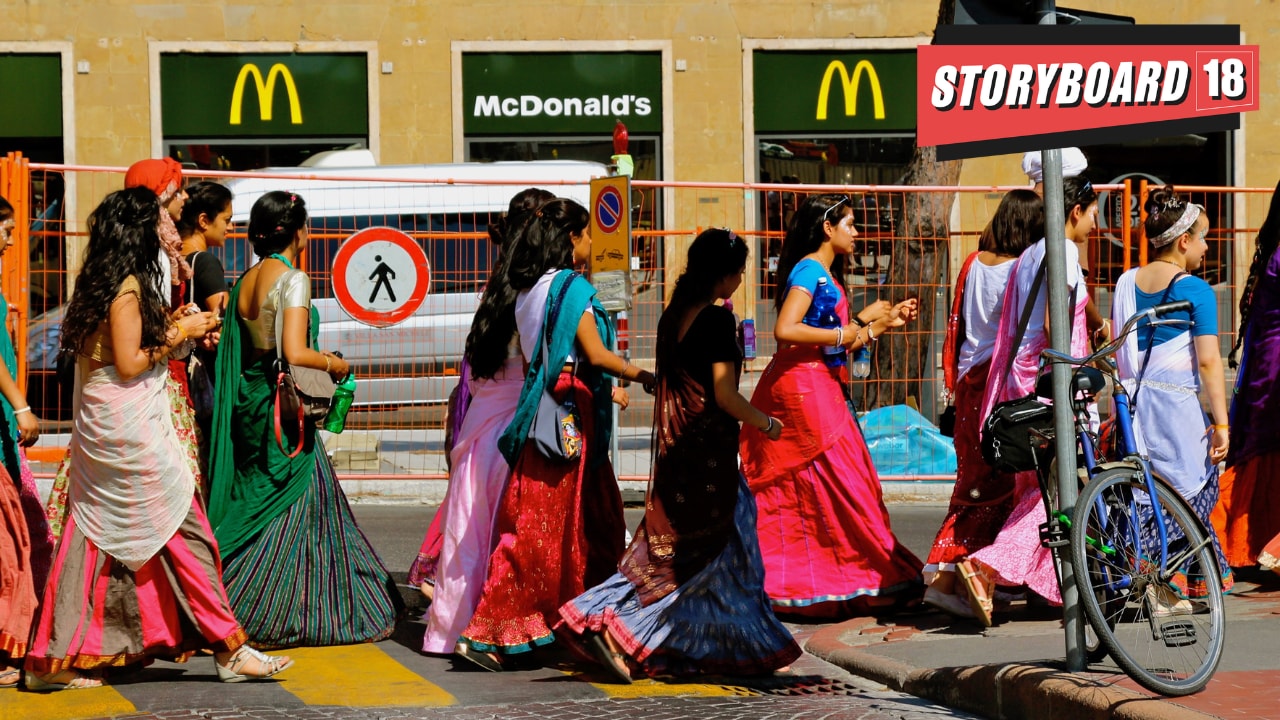Following the recent Bournvita controversy over high sugar content being called out by an influencer, a documentary video is being reshared on social platforms. Titled ‘Global Junk Food’, the hour-long video was first released in 2018 focussing on how fast-food chains are operating across various parts of the world.
The video highlights that in more developed nations such as Europe, food manufacturers have signed up to ‘responsibility pledges’, promising no added sugar, preservatives, artificial colors or flavors and not to target children. Safety campaigns that promote healthy eating and use of fresh produce targeted at creating awareness among children and parents are being run for as long as 15 years.
However, that’s not the case with developing economies such as India and Brazil.
The documentary noted that India has become a priority market for Western food brands. The country has a culture of street food which is relatively healthy and offers good value. To compete with them, American and European companies play on the majority of the consumers lack of information. It gives examples of popular fast-food chains such as KFC and McDonald’s India that have managed to capture the attention of consumers by smart marketing and tweaked recipes to target Indian consumers.
KFC India, for instance, has changed its recipe to target Indian consumers making its sauce more spicy. This has worked attracting more customers to its outlets. The video also highlighted that while in Europe and the US, the KFC menus include bottles of water but that is not the case in India. It has only fizzy drinks or juices but consumers don’t complain.
“To me, it’s clean and hygienic and I can see everything being prepared (in front of my eyes). I haven’t been sick ever and that’s why I trust it,” says a customer eating at a KFC outlet in a mall in Kolkata in the video.
The managers are aware of this lack of information amongst customers but they are not authorised to say anything. The video also highlights that the Indian middle class, a rising cohort with a disposable income, is suffering from an obesity epidemic with 30 percent of adolescents being overweight, a figure that has doubled in five years.
The video shows the stark disparity in the salt and fat content between India and European markets for these fast-food chains. At McDonald’s in India, a McChicken burger has 2X times more sugar than a French sandwich, the Filet-O-Fish contains twice as much fats and fries have six times more saturated fats. At KFC, the fries in the India outlet contain ten times more salt as compared to its French outlets and hot wings have three times more fats.
The documentary deep dives into the fast-food industry chain speaking to chefs, store managers and the end consumers to understand how the industry works.
In India, Dominos doesn’t provide any nutritional information.
“It’s legal in India but would be illegal in France,” the video stated.
MCdonal’s, KFC and Dominos did not participate in the documentary.
In India, the junk food giants have taken the advantage of lack of legislation and lack of awareness amongst consumers. However, a lot has changed in the India market since 2018. A higher penetration of the internet and cheaper smartphones have led to an information wave on the internet where more and more people are calling out these big brands for transparency in their ingredients. The recent Bournvita controversy is a clear example of it where netizens supported the influencer who called the brand out and launched a call to boycott the brand for serving a legal notice to the influencer.
